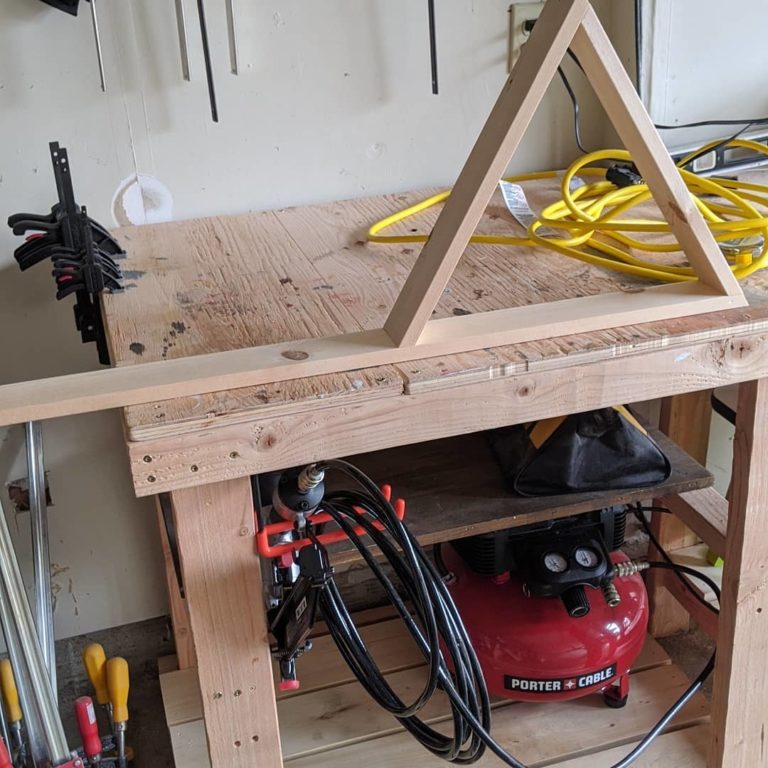Ways That an HVAC Failure Can Affect Your Business
Smooth daily business operations are crucial for overall productivity. Among the many responsibilities that business owners should handle is providing a comfortable indoor environment. Apart from other business appliances, business managers should schedule regular air conditioner service and maintenance of the business’ HVAC system. Outlined below are ways a faulty system can affect business operations.

1. It Increases Energy Bills
Commercial HVAC systems are among the top consumers of energy in any business. However, poorly functional air conditioners consume more energy, which increases energy bills while reducing your profit margin. Coupled with poor insulation, your business space will become untenable for your workforce and clients.
HVAC component issues, be it dirty filters or coils, compressor failure, or leaking refrigerant, also increase maintenance costs. Depending on the extent of system damage, you might have to spend more repairing or replacing the entire unit. These expenditures significantly hurt the business’ bottom line.
2. It Affects Employee Productivity
Malfunctioning HVAC leads to uncomfortable temperatures and affects indoor air quality, highly affecting employee productivity. During the summer, unregulated temperatures lead to heat sensitivities, fatigue, and frequent headaches. This affects your employee’s ability to concentrate or focus on their tasks. Temperatures above 80 degrees may also lead to cognitive decline, slowing employee reaction times and critical thinking abilities.
On the other hand, HVAC failures during winter cause freezing temperatures that also affect productivity. Uncontrolled workplace temperatures make it challenging for employees to focus on their tasks. Depending on the season, some temperature peaks make it impossible to work from your offices.
3. Health Issues
Faulty, poorly balanced, or tuned HVAC units also expose workers to several health risks, primarily respiratory conditions. Poor indoor air circulation can aggravate asthma and allergic reactions. Unfortunately, this isn’t the only problem associated with poor indoor air quality. Increased temperatures also cause heat exhaustion and heat strokes, which can quickly turn fatal.
Poorly ventilated offices also provide perfect growing conditions for harmful mold and bacteria. Reduced airflow and warm environments are perfect conditions for mold growth. If left unchecked, mold can grow and spread rapidly in your office, exposing more workers to respiratory problems. Decontaminating your widely contaminated office may require complete closure and costly repairs. Business downtime costs your business revenue.
4. Customer Comfort
Commercial heating and cooling systems are vital installations for office buildings that serve clients, such as law offices and retail stores. Unknown to most business owners, a poor business environment, including extremely hot or cold offices, can turn off customers. Business hours are more productive if your offices are pleasant and comfortable for employees and customers.
5. Affects the Lifespan of Other Interior Materials
Office furniture, plants, fabrics, carpets, and other equipment don’t respond nicely to extreme temperature changes. These installations can easily be affected by faulty heating and cooling units. For instance, increased humidity and moisture accumulation can make your office furniture brittle and fade.
That aside, extremely high or low temperatures can damage your computer systems. Most technological appliances don’t respond well to temperature fluctuations and poor indoor air quality. Having to replace these units because of a faulty HVAC unit is expensive.
Endnote
Most entrepreneurs don’t understand the impact of HVAC units on their business. Apart from choosing a suitable air conditioner, you should schedule regular maintenance to avoid unnecessary breakdowns. Optimizing your system increases employee productivity, eliminates health problems, and creates an energy-efficient workplace.






